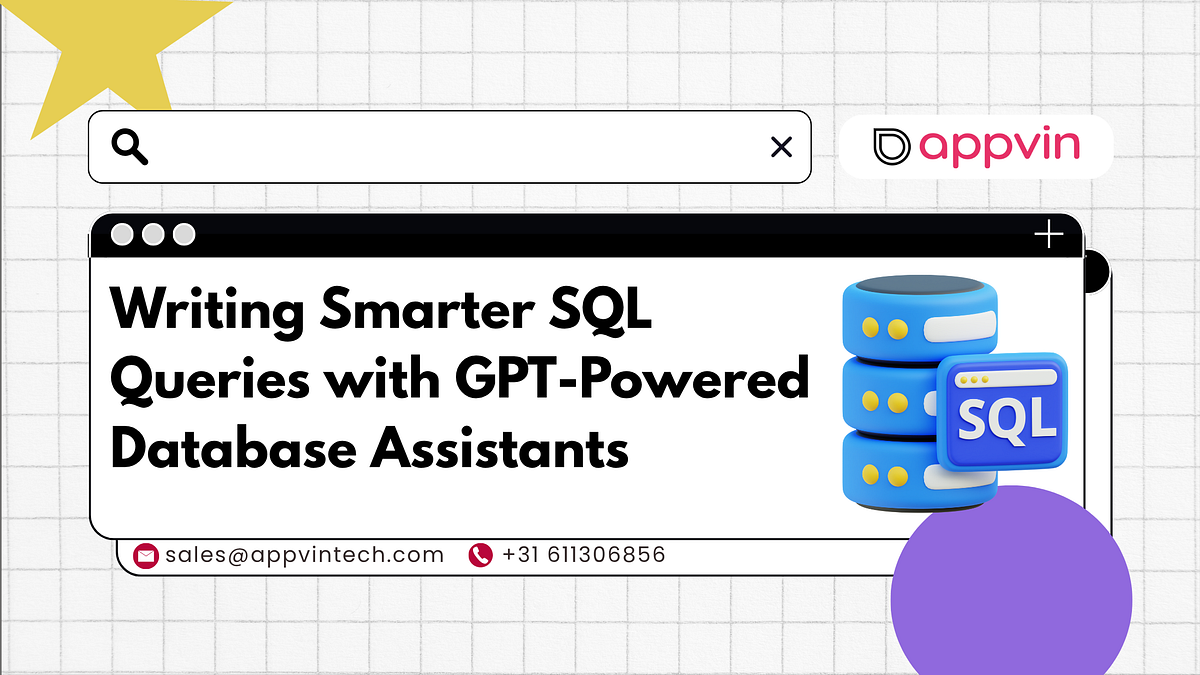Medium
2w
130

Image Credit: Medium
Writing Smarter SQL Queries with GPT-Powered Database Assistants
- GPT-powered database assistants are transforming SQL query writing by converting natural language into performance-tuned queries.
- These AI tools interpret human language prompts and transform them into SQL queries, bridging the gap between data and decision-making.
- AI SQL editors are being adopted across various verticals for enterprise app development, BI reporting, and cross-platform app development.
- Top uses of AI SQL editors include generating clean SQL queries from natural language prompts, auto-suggestions for query optimization, and creating reusable dashboard queries.
- GPT-based SQL development is not limited to developers and is transforming data handling for businesses.
- LLMs are evolving to integrate deeply into high-end databases, paving the way for AI-driven database performance tuning and query optimization.
- GPT-driven database assistants are enhancing productivity and performance for teams, providing cleaner SQL and compliance-conscious query automation.
- AI SQL assistants use natural language understanding and machine learning to create, optimize, and document SQL queries from human input.
- ChatGPT can produce SQL queries and provide comments or code debugging based on natural language input.
- GPT models can improve SQL queries by providing rewrites, flagging slow clauses, and recommending indexing plans for better performance.
- SQL queries generated by GPT are generally safe if run in sandbox environments or with proper access controls.
Read Full Article
7 Likes
For uninterrupted reading, download the app